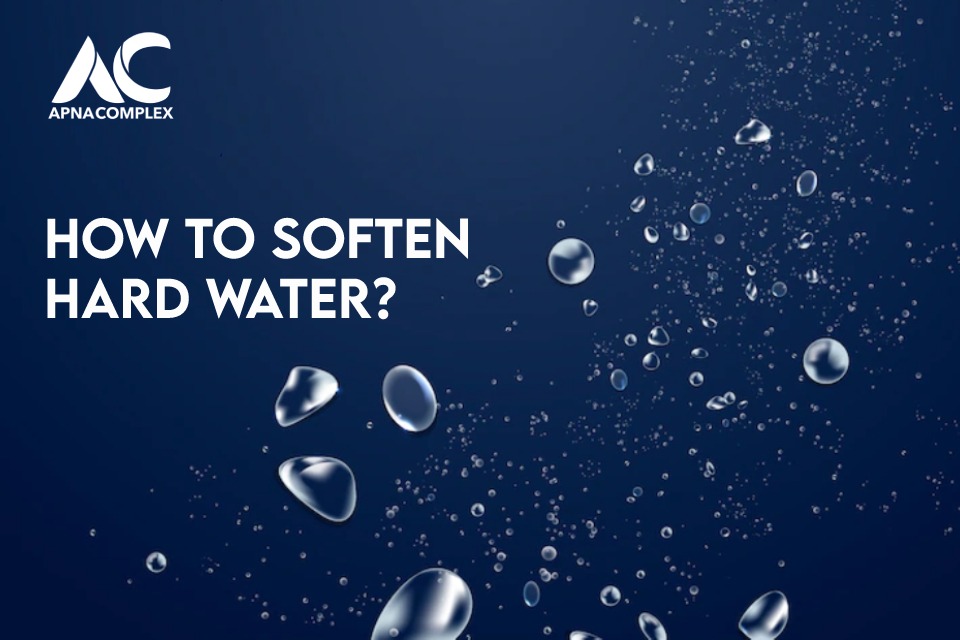How Housing Societies Deal with Hard Water
Product NewsWater is one of the most valued resources for any habitat. From drinking to mopping floors, the average Indian uses 135 litres per capita per day. Despite being water-rich, India’s huge population means that the country remains water-stressed. An uneven supply of water also puts stress on areas with scarce water resources, such as the NCR, Chhattisgarh, Andhra Pradesh, and Tamil Nadu.
With highly limited availability of freshwater, most households today depend on groundwater to meet their daily requirements. However, the available groundwater often has a high concentration of minerals, which means that most of it is hard water, leading to a high requirement for treating hard water in housing societies.
What is hard water?
Hard water is a type of water that contains salts of magnesium and calcium, in the form of chlorides, bicarbonates, and sulfates. It may also contain ferrous iron. Hardness of water can be temporary or permanent. Hardness caused by calcium carbonate can be resolved by boiling the water. However, hardness caused by other salts is permanent as it cannot be treated by simply boiling the water.
The continued use of hard water for domestic purposes can lead to multitude of problems, which can include:
- Health problems like kidney stones
- Itchy skin and dry hair
- Deposition of scum on utensils after washing
- Scaling of plumbing fixtures and appliances, eventually leading to their breakdown.
Hard water is also ineffective when used with soap. The calcium and magnesium ions in the water form an insoluble gelatinous curd when combined with the higher fatty acids of a soap. It means that you will find it hard to produce any lather. These complications mean that hard water cannot be used for any domestic purpose, whether mopping floors or cooking food, without prior treatment.
How to deal with hard water
At home, there are multiple means of treating hard water that can range from home remedies to commercial solutions. These include:
- Boil it. However, this will work only in case of temporary hard water.
- Get water softening solutions that contain chelating agents. The solution is added to hard water to soften it.
- Use a final rinse of vinegar after hard water usage. For instance, use a final vinegar rinse after washing your hair or utensils to remove any chances of salt accumulation.
- Scum and scaling on appliances can be treated by commercially available products that are designed for these purposes.
- You can use commercially available home water softening systems that are attached to the faucet or to the central water supply.
How societies treat hard water
With a high density of population, housing societies depend heavily on groundwater supply to meet their demand. To make this groundwater, which is mostly hard water, suitable for domestic consumption, housing societies today follow a centralised water softening mechanism which is based on RO technology. These industrial RO treatment plants can be highly effective in reducing TDS or Total Dissolved Solids by as much as 80%-90%. A water meter is attached to the water softener plant to monitor the quantity and in measuring regenerated water. The water should also be tested regularly to ascertain its functioning.
- Find out more about different water treatment mechanisms followed by housing societies in our article “Water Treatment in times of Water Scarcity – Need for better operation and maintenance of Water Treatment Plants in your Housing Society”
- You can read more about the maintenance of treatment plants in our article “How to Operate and Maintain Water Treatment Plant Efficiently – Easy Guide to Apartment Associations”.
